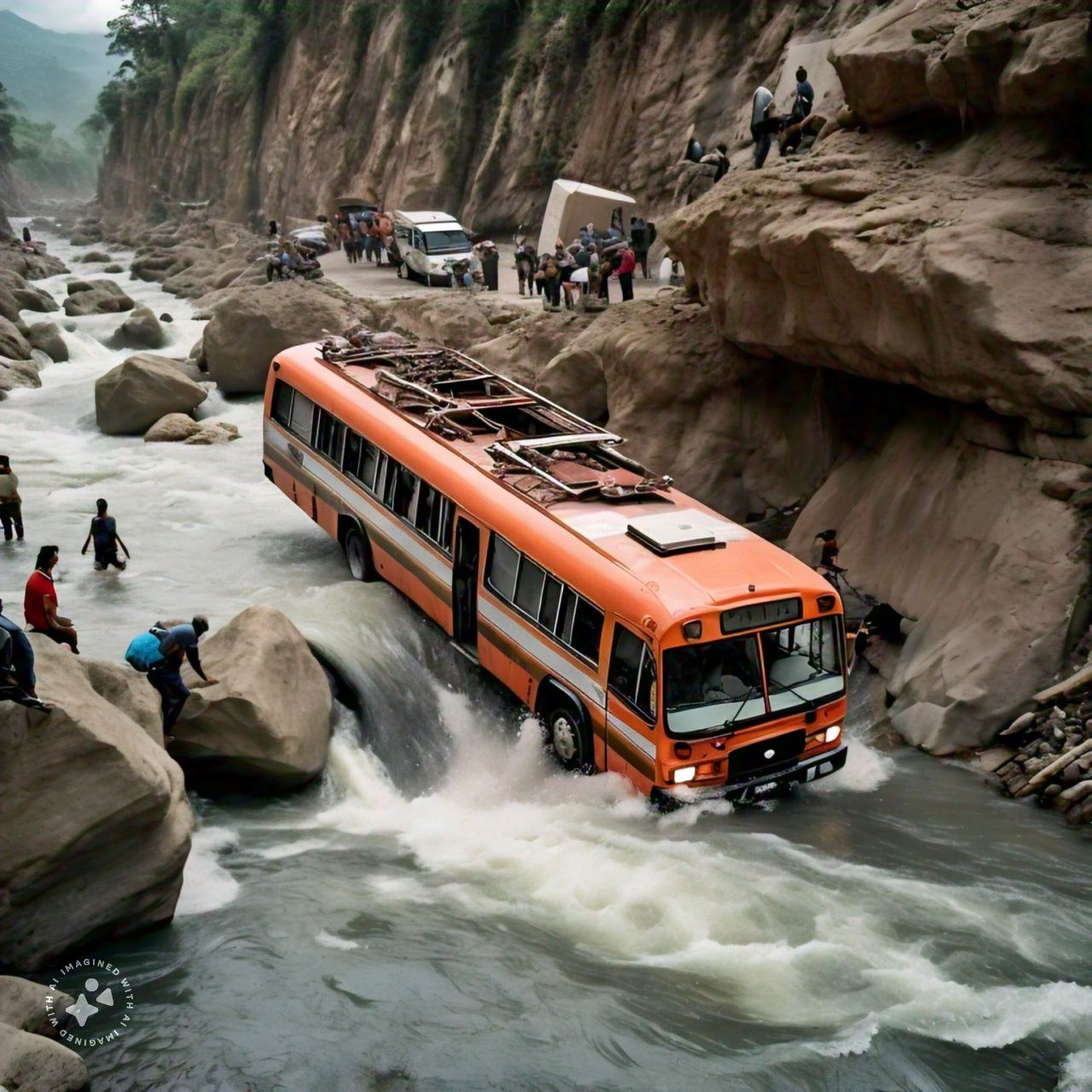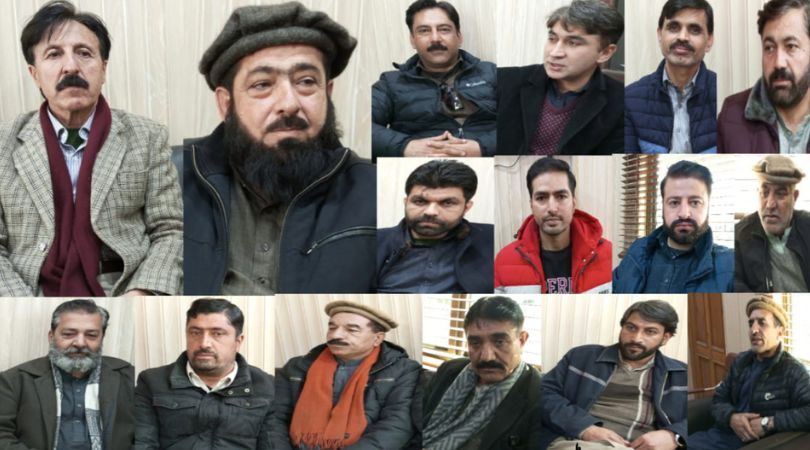By Israruddin Israr
The Karakoram Highway has long been a cause of tragic deaths for the people of Gilgit-Baltistan. The thought of the KKH evokes fear and anxiety among the local population due to the frequent occurrences of road accidents, incidents of terrorism, robbery, and natural disasters.
Every incident/accident that takes place on this road brings a sense of impending doom for the people of Gilgit-Baltistan leaving them saddened, sorry, and feeling utterly helpless.
These tragic incidents are not random occurrences; they are primarily caused by human negligence rather than natural factors. Addressing all aspects of security and road safety requires thorough planning and action from the responsible departments. However, it is disheartening that after each accident, higher authorities issue condolence statements, only to wait for more accidents to happen.
The local people of Chilas deserve appreciation and recognition for their exceptional humanitarian assistance during road tragedies.
Israruddin Israr
The recent road accident resulted in the tragic loss of over 20 precious lives and left a similar number of passengers injured. Demonstrating their commendable tradition, the residents of Diamar rescued the injured to hospital and handed over the dead bodies to their families. The volunteers who promptly rushed to the accident site and provided exceptional humanitarian assistance deserve recognition and appreciation.
Had this incident taken place in a civilized society, the concerned minister or the head of the department would have resigned. They would apologize to the nation and pledge to hold accountable those responsible for the tragedy after the investigation concludes. Unfortunately, hoping for a similar response in our situation is unrealistic. Over the past few years, Gilgit-Baltistan has experienced over fifty road accidents resulting in the loss of dozens of precious lives.
These tragic incidents are not random occurrences; they are primarily caused by human negligence rather than natural factors.
Israruddin Israr
Similar to previous accidents, the recent incident raises many questions. However, those in positions of authority are unlikely to address these questions. Nonetheless, addressing these questions in a timely manner could have potentially mitigated, if not prevented, such tragic accidents.
Here are some important questions regarding travel on the KKH:
1. Who determines the travel timings on the KKH?
2. Is it safe to travel on this road at night?
3. Who is responsible for issuing fitness certificates for buses on this route?
4. Is there a comprehensive inspection of buses before departure?
5. Are there strict SOPs for transport companies operating on this difficult route?
6. How many drivers are assigned to each bus, and are they ensured adequate rest before they take on the journey?
7. Do these drivers undergo physical and mental health assessments, or do they provide medical certificates before driving on the KKH?
8. Are drivers compensated adequately to ensure diligent performance of their duties?
9. Are drivers provided with necessary facilities and benefits as per labor laws, such as medical allowances, risk allowances, and insurance, to enforce strict driving regulations?
10. Are drivers strictly prohibited from driving while intoxicated?
11. Is there a specified weight limit for luggage and passengers on buses?
12. Do company technical personnel inspect their buses at various stops along the route to ensure the physical and mental fitness of drivers?
13. Is there a mandated speed limit on this route, and who is responsible for monitoring it?
14. Which department oversees safety requirements for passenger vehicles on this route?
15. Who is to blame for the deteriorated road conditions and lack of protective barriers?
16. Does the company provide compensation to families who lose loved ones in accidents?
17. Do travelers have any form of insurance coverage?
18. Who is responsible for supporting the families and children of young individuals who pass away in accidents on this road?
19. Following such accidents, is it sufficient to reprimand officials of relevant departments and transport companies, or should they face heavier fines and more severe penalties to ensure adherence to transport regulations?
20. Will the timely completion of alternative safe routes connecting Gilgit-Baltistan with other regions, such as Babusar-Kaghan-Naran Road, Astore-Kashmir Road, and Ghizer-Chitral Road, and making them all-weather, not reduce the likelihood of such accidents?
21. Do governments in other parts of the world merely offer condolences after accidents, or do they learn from each incident and amend policies or laws?
22. When will our governments prioritize the safety of human lives as a fundamental responsibility?
The writer is a Gilgit-based human rights activist and columnist. Currently, he is associated with HRCP as regional coordinator Gilgit-Baltitsan. He can be reached at israrhrcpglt@gmail.com














